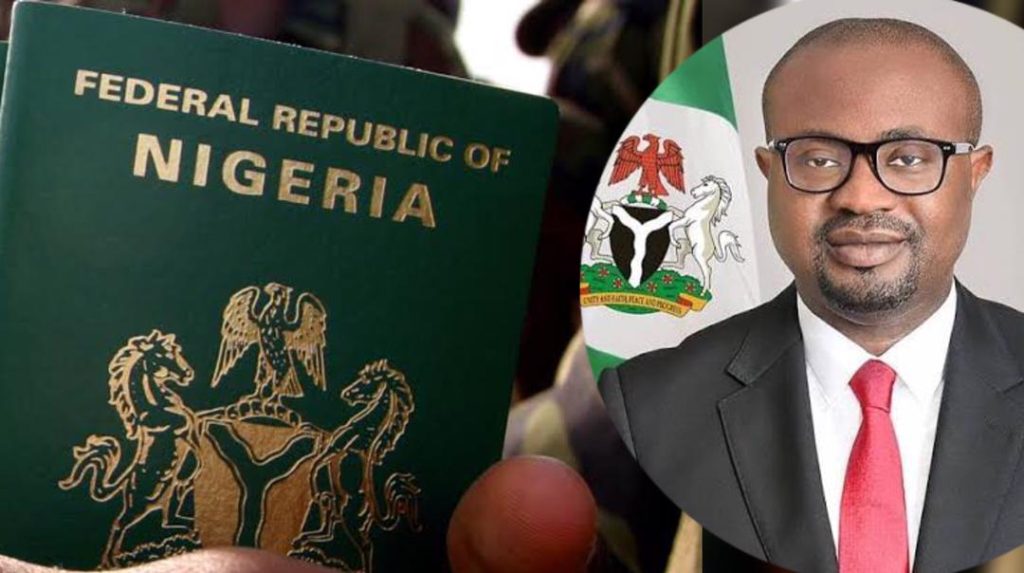Now Reading: 92-Year-Old Paul Biya Wins Eighth Term in Cameroon’s Disputed 2025 Presidential Election
-
01
92-Year-Old Paul Biya Wins Eighth Term in Cameroon’s Disputed 2025 Presidential Election
92-Year-Old Paul Biya Wins Eighth Term in Cameroon’s Disputed 2025 Presidential Election

Incumbent President Paul Biya has been officially declared the winner of Cameroon’s 12 October 2025 presidential election by the country’s Constitutional Council, with a reported 53.66 % of the vote. He will now serve his eighth consecutive term, extending his rule until 2032, as per reports from The Cable
Biya Declared Winner of 2025 Cameroon Presidential Election
At 92 years old, Biya remains one of the world’s oldest sitting heads of state. His long tenure follows constitutional changes that abolished presidential term limits.
The main opposition candidate, Issa Tchiroma Bakary, officially secured around 35.19 % of the vote according to the official figures. However, Tchiroma rejected the official result, declaring victory himself before the count and alleging widespread irregularities including vote-rigging and intimidation, as per the The Guardian
READ ALSO: Ex-Prime Minister Gets One-Year Jail Sentence Over Online Social Media Post
In the days leading up to and following the announcement, significant unrest has been reported. In the city of Douala, at least four people were killed during clashes between protesters and security forces. Over one hundred arrests were also made. Meanwhile, in the north-western city of Garoua, gunfire was reported as supporters of Tchiroma gathered outside his residence.
According to AP News, the election underscores growing tensions in Cameroon’s political system: a large youthful population (over 70 % under age 35) contrasts with a president who has ruled since 1982 and whose health and prolonged absences have been the subject of speculation.
Analysts warn that the result, while officially decisive, may fuel further unrest given the scale of the challenge to Biya’s leadership and the grievances over economic inequality, marginalisation in the English-speaking regions, and perceived democratic backsliding.
In statement following the court’s proclamation, Biya acknowledged the “lives lost” during the post-election violence and appealed for calm.
As Cameroon moves forward under another seven-year term of Biya’s leadership, observers will be watching closely how he addresses pressing issues: insurgency in the Anglophone regions, unrest in the north-east tied to Boko Haram, youth unemployment, and calls for governance reform.





